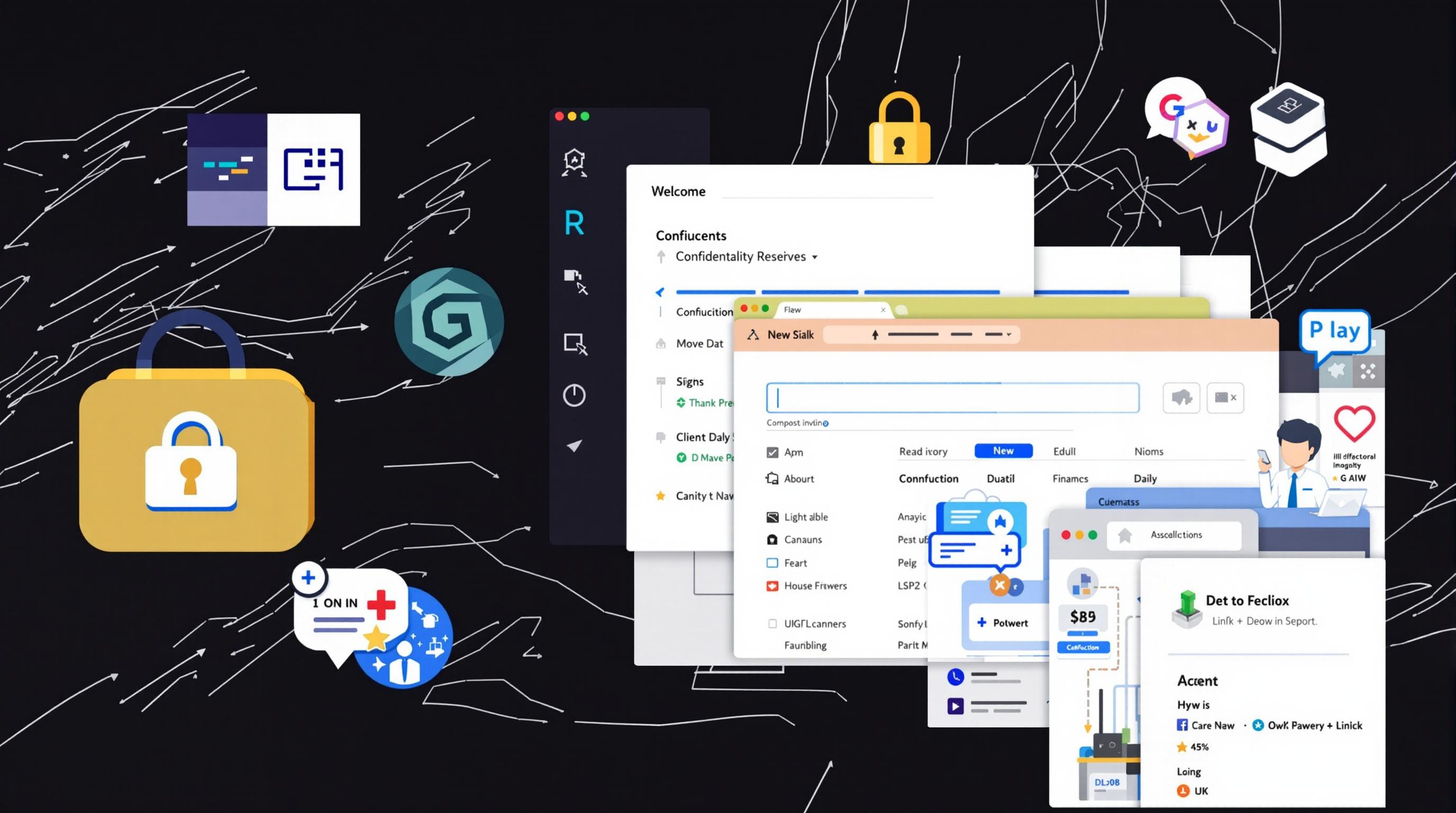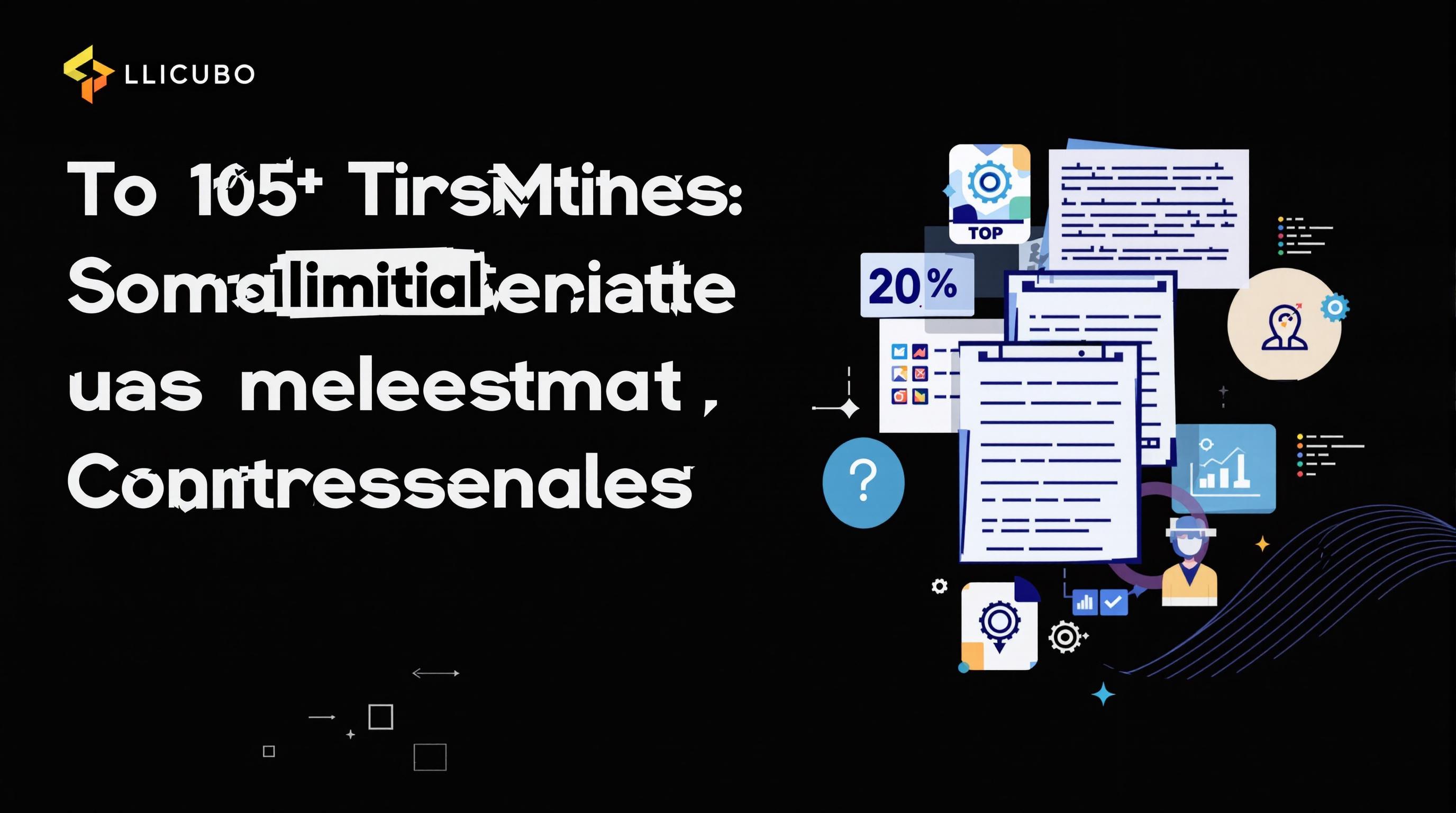Related Articles
- 7 Best Emerging GDPR Tools to Future-Proof Your Data Strategy Beyond Standard Compliance
- 7 Cutting-Edge Franchise Management Softwares Released Since 2019 Ranked for Legal Compliance and Efficiency
- How Forgotten Folklore Influences Modern Privacy Norms and Unexpected Data Protection Practices
- When Silence Speaks: The Unexpected Impact of Cultural Nuances on Confidential Agreement Effectiveness
- Unveiling Unseen Threads: How Franchising Intersects with Environmental Compliance and Green Regulations
- Unraveling the Impact of Cultural Misalignment in Cross-Border Collaborations on Partnership Sustainability
Top 8 Game-Changing Confidentiality Tools Released Since 2019: Expert Ratings and In-Depth Analysis
Top 8 Game-Changing Confidentiality Tools Released Since 2019: Expert Ratings and In-Depth Analysis
Top 8 Game-Changing Confidentiality Tools Released Since 2019: Expert Ratings and In-Depth Analysis
1. ProtonMail Bridge
Overview: Launched in its latest form post-2019, ProtonMail Bridge is a vital tool that integrates ProtonMail’s encrypted email service with traditional email clients like Outlook and Thunderbird. This tool allows users who prefer classic email interfaces to maintain the high level of privacy that ProtonMail guarantees.
Performance and Usability: Experts commend ProtonMail Bridge for its seamless compatibility and robust encryption protocols. The setup process, although slightly technical, is balanced by the privacy benefits it offers, making it an excellent choice for users focused on confidentiality without sacrificing convenience.
Security Features: Utilizing end-to-end encryption and zero-access architecture, ProtonMail Bridge ensures that only the sender and receiver can read the emails. Independent audits have repeatedly verified its cryptographic strengths (Source: Proton Technologies AG Security Audits, 2021).
2. Signal Desktop (Updated Releases)
Overview: While Signal was initially released earlier, major updates since 2019 have significantly enhanced its desktop application, offering end-to-end encrypted messaging across multiple platforms. This has extended Signal’s reputation as a gold standard for private communications.
Performance and Usability: The desktop version now boasts smoother synchronization with its mobile counterpart, supporting group calls, stickers, and more. Users appreciate its intuitive interface and the absence of data storage on servers, which mitigates risks of leaks.
Security Features: Signal employs the Signal Protocol, considered one of the most secure messaging protocols worldwide. Independent reviews and cryptography experts consistently rank it at the top for privacy (Source: Open Whisper Systems).
3. NordVPN Meshnet
Overview: Released recently, NordVPN’s Meshnet feature allows users to create a secure and private network connection between multiple devices globally. Instead of traditional VPN routing, this feature enables direct encrypted peer-to-peer communication.
Performance and Usability: Experts highlight Meshnet’s low latency and ease of use, facilitating safe remote access and file sharing without using exposed servers. This innovation is significant for both individual users and teams seeking confidential collaboration tools.
Security Features: Meshnet uses AES-256 encryption with secure key exchange mechanisms, ensuring data confidentiality and serverless architecture to reduce attack surfaces (Source: NordVPN Technical Documentation, 2023).
4. Cryptomator Desktop and Mobile Apps
Overview: Since 2019, Cryptomator has upgraded its client-side encryption tool, which provides transparent encryption of cloud storage. It enables users to secure their files before upload to any cloud service like Dropbox, Google Drive, or OneDrive.
Performance and Usability: The user-friendly interfaces across platforms are praised for simplifying encryption without specialized knowledge. Cryptomator supports multiple vaults and offers excellent performance with minimal overhead during file synchronization.
Security Features: Cryptomator uses AES-256 encryption with well-documented open-source code, offering transparency and reliability for users focused on protecting data privacy against cloud vulnerabilities (Source: Cryptomator GitHub Repository).
5. Bitwarden Send
Overview: Introduced in 2020, Bitwarden Send allows users to securely share information such as passwords, notes, and files with end-to-end encryption. It complements the Bitwarden password manager ecosystem by providing confidential sharing options.
Performance and Usability: Users and experts appreciate the simplicity of generating encrypted send links with options for expiration and one-time viewing. It's accessible via browser extensions, mobile apps, and web vaults, promoting flexibility and secure communication.
Security Features: Bitwarden Send encrypts data on the client side, ensuring that even Bitwarden servers have no access to the content. The open-source nature of Bitwarden allows for continuous security audits (Source: Bitwarden Security Whitepaper, 2021).
6. Tresorit Send
Overview: Breaking into the confidential file-sharing field post-2019, Tresorit Send provides zero-knowledge encrypted file sharing with strict data protection adherence. It is tailored for users demanding high privacy standards without sacrificing ease-of-use.
Performance and Usability: Reviews highlight its straightforward interface for fast file upload and sharing with customizable expiration times and password protection. It excels in providing reliable speed without compromising security even for large files.
Security Features: Tresorit Send uses end-to-end encryption with zero-knowledge privacy principles, ensuring files are encrypted before upload and only decrypted by the intended recipient (Source: Tresorit Privacy Documentation, 2022).
7. Keybase File System (KBFS)
Overview: Updated since 2019, Keybase’s encrypted file system integrates with its social and communication platform, offering a decentralized and secure environment for file storage and sharing.
Performance and Usability: KBFS allows users to mount a virtual drive with end-to-end encrypted access across devices. Experts admire its seamless integration and reliability, although some critique its complexity for non-technical users.
Security Features: Cryptographically, KBFS provides strong user authentication and encrypted storage based on public key identities. Continuous open-source development ensures scrutiny and enhancements (Source: Keybase GitHub Repository).
8. Signal Private Group Video Calling Enhancements
Overview: Introduced in major 2021 updates, Signal enhanced its group video calling feature by increasing capacity and employing more efficient encryption protocols. This development brings secure and private group video communication to new levels.
Performance and Usability: The improvements have drawn positive expert reviews for maintaining low latency and stability while strongly prioritizing privacy. Users enjoy intuitive joining processes and multi-platform support.
Security Features: Signal continues to implement forward secrecy and peer-to-peer encryption for video sessions, ensuring no server retains session content or keys (Source: Signal Foundation Communications).
Conclusion
Since 2019, confidentiality tools have evolved to meet the growing demands for privacy in digital communication and file sharing. From ProtonMail Bridge enabling encrypted email integration to NordVPN’s innovative Meshnet, the landscape offers diverse solutions tailored to different user needs.
Experts consistently highlight tools with open-source code and rigorous independent audits as frontrunners in trustworthiness and security. The increasing adoption of client-side encryption and zero-knowledge architectures is a positive trend in safeguarding personal and organizational data.
Choosing the right confidentiality tool involves balancing usability, performance, and security features. By understanding the strengths of leading tools released since 2019, users can make informed decisions that protect their privacy in an increasingly interconnected world.



